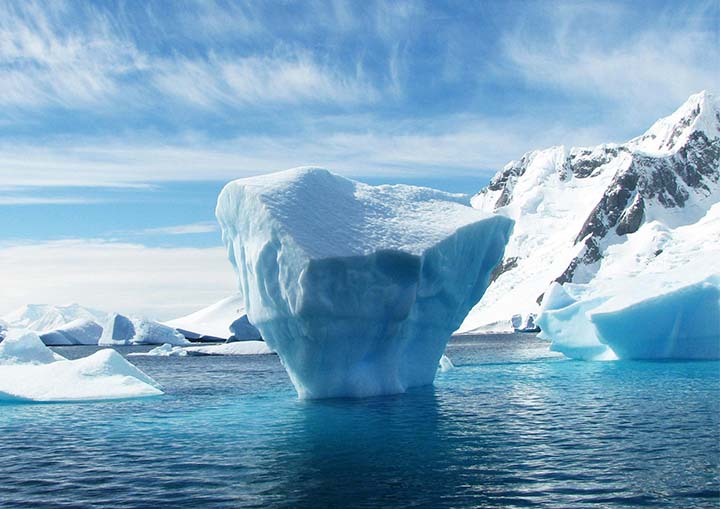
A Level Geography
Get insights into the curriculum we offer, discover the topics and skills you’ll learn with us and find out why this is a great subject to study with us

Entry requirements: Grade 6 in GCSE Geography & Grade 5 in GCSE English & Maths
Course content
In Year 12
Geography is split into two sections – one physical and one human. Physical geography will include Tectonic processes, hazards, and coastal landscapes, two topics that students should be somewhat familiar with from GCSE study. On the human paper, students cover globalisation and either regeneration or diverse places, linking in with similar topics taught at GCSE. Students will also cover questions relating to fieldwork on a residential trip that year, on the topic of coasts, regeneration and diverse places.
In Year 13
Students sit 3 exam papers, the first is on the physical geography above, but adding in topics on water insecurity, the carbon cycle and energy. The human paper gains additional content on Superpowers and global development, with options to study health or migration. The third paper is a decision making exercise investigating one of the compulsory issues studied throughout the
course. The exam board in advance of the exam will send out a pre-release paper. The fieldwork that was studied in Year 12 will form the basis of a roughly 3000-4000 word independent report which will be internally marked and submitted to the exam board.
Assessment
1. Physical Geography – 2hr 15m – 105 marks – 30% of A level
2. Human Geography – 2hr 15m – 105 marks – 30% of A level
3. Synoptic Investigation – 2hr 15m – 70 marks – 20% of A level
4. Independent Investigation – non examined assessment (NEA) – 70 marks – 20% of A level
What you can do next?
A level geography is seen as one that presents students with a wide range of skills to progress in future careers. The ability to communicate complex points, use evidence to come to an informed
decision and skills used to complete an independent investigation in the subject are highly valued by employers and universities. Jobs directly involving geography include roles in international
development agencies, flood management, land surveying, architecture, health research and the civil service.